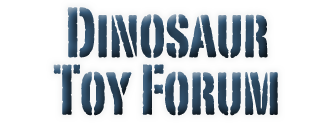- Welcome to Dinosaur Toy Forum.
News:
Show your support and go ad-free by becoming a DinoToyForum subscriber. Click for details.
You can support the Dinosaur Toy Forum by making dino-purchases through these links to Ebay and Amazon. Disclaimer: these and other links to Ebay.com and Amazon.com on the Dinosaur Toy Forum are often affiliate links, so when you make purchases through them we may make a commission.
Sedgwick Museum, Cambridge UK
Started by Crackington, August 16, 2015, 12:29:14 AM
Previous topic - Next topic
User actions




